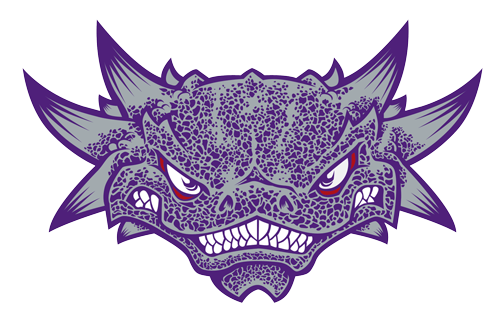JimSwinkLives!
Active Member
<H1 class=headline>Landlord to testify in Reggie Bush case
By Brent Schrotenboer, UNION-TRIBUNE STAFF WRITER </H1>Tuesday, April 13, 2010 at 5:55 p.m.
The NCAA is expected to rule in the next several weeks on rules violation allegations at USC involving former running back Reggie Bush and basketball player O.J. Mayo. But there's still at least one piece of evidence the NCAA would like to have in the meantime — testimony from the Bush family's former landlord in Spring Valley, Michael Michaels.
Bush's family allegedly lived in his house rent-free during Bush's Heisman Trophy season in 2005. After two years of legal delays, on April 21 Michaels is scheduled to give his deposition in a civil suit filed by his former partner, Lloyd Lake, against Bush and his family. Michaels' testimony could boost the case the NCAA has built against Bush and USC football.
"They're waiting to hear from us," said Lake's attorney, Brian Watkins, said of the NCAA.
Watkins said Reggie Bush is scheduled to give his deposition April 23. Bush already has talked to the NCAA, unlike Michaels.
In February, USC officials met with the NCAA Committee on Infractions to face questions about evidence the NCAA compiled in the Bush and Mayo cases. USC already has self-imposed penalties against its men's basketball program related to the Mayo case, including a postseason ban this past spring. The NCAA soon will determine whether additional penalties are warranted for the basketball and football teams. Mayo and Bush allegedly received impermissible benefits, which would be a violation of NCAA rules.
In Bush's case, Lake and Michaels said they were former investors in a start-up sports marketing agency that sought Bush as a primary client. Lake has sued Bush and his family, seeking repayment of almost $300,000 in cash, a vehicle and goods he said he gave to Bush and his family while Bush played at USC.
Bush's parents reached an out-of-court settlement with Michaels in 2007, which included a stipulation that Michaels not talk about the case. That's prevented NCAA investigators from talking to him.
However, his court-ordered deposition next week is expected to force him to talk. If he corroborates allegations that Bush and his family received impermissible benefits, the transcript would strengthen the NCAA's case against Bush. Michaels' attorney didn't return a call seeking comment.
Bush's attorneys have been fighting this since 2007. They say there is no evidence of any payments and will attempt to have Lake's suit thrown out. Bush publicly has denied the allegations.
By Brent Schrotenboer, UNION-TRIBUNE STAFF WRITER </H1>Tuesday, April 13, 2010 at 5:55 p.m.
The NCAA is expected to rule in the next several weeks on rules violation allegations at USC involving former running back Reggie Bush and basketball player O.J. Mayo. But there's still at least one piece of evidence the NCAA would like to have in the meantime — testimony from the Bush family's former landlord in Spring Valley, Michael Michaels.
Bush's family allegedly lived in his house rent-free during Bush's Heisman Trophy season in 2005. After two years of legal delays, on April 21 Michaels is scheduled to give his deposition in a civil suit filed by his former partner, Lloyd Lake, against Bush and his family. Michaels' testimony could boost the case the NCAA has built against Bush and USC football.
"They're waiting to hear from us," said Lake's attorney, Brian Watkins, said of the NCAA.
Watkins said Reggie Bush is scheduled to give his deposition April 23. Bush already has talked to the NCAA, unlike Michaels.
In February, USC officials met with the NCAA Committee on Infractions to face questions about evidence the NCAA compiled in the Bush and Mayo cases. USC already has self-imposed penalties against its men's basketball program related to the Mayo case, including a postseason ban this past spring. The NCAA soon will determine whether additional penalties are warranted for the basketball and football teams. Mayo and Bush allegedly received impermissible benefits, which would be a violation of NCAA rules.
In Bush's case, Lake and Michaels said they were former investors in a start-up sports marketing agency that sought Bush as a primary client. Lake has sued Bush and his family, seeking repayment of almost $300,000 in cash, a vehicle and goods he said he gave to Bush and his family while Bush played at USC.
Bush's parents reached an out-of-court settlement with Michaels in 2007, which included a stipulation that Michaels not talk about the case. That's prevented NCAA investigators from talking to him.
However, his court-ordered deposition next week is expected to force him to talk. If he corroborates allegations that Bush and his family received impermissible benefits, the transcript would strengthen the NCAA's case against Bush. Michaels' attorney didn't return a call seeking comment.
Bush's attorneys have been fighting this since 2007. They say there is no evidence of any payments and will attempt to have Lake's suit thrown out. Bush publicly has denied the allegations.

